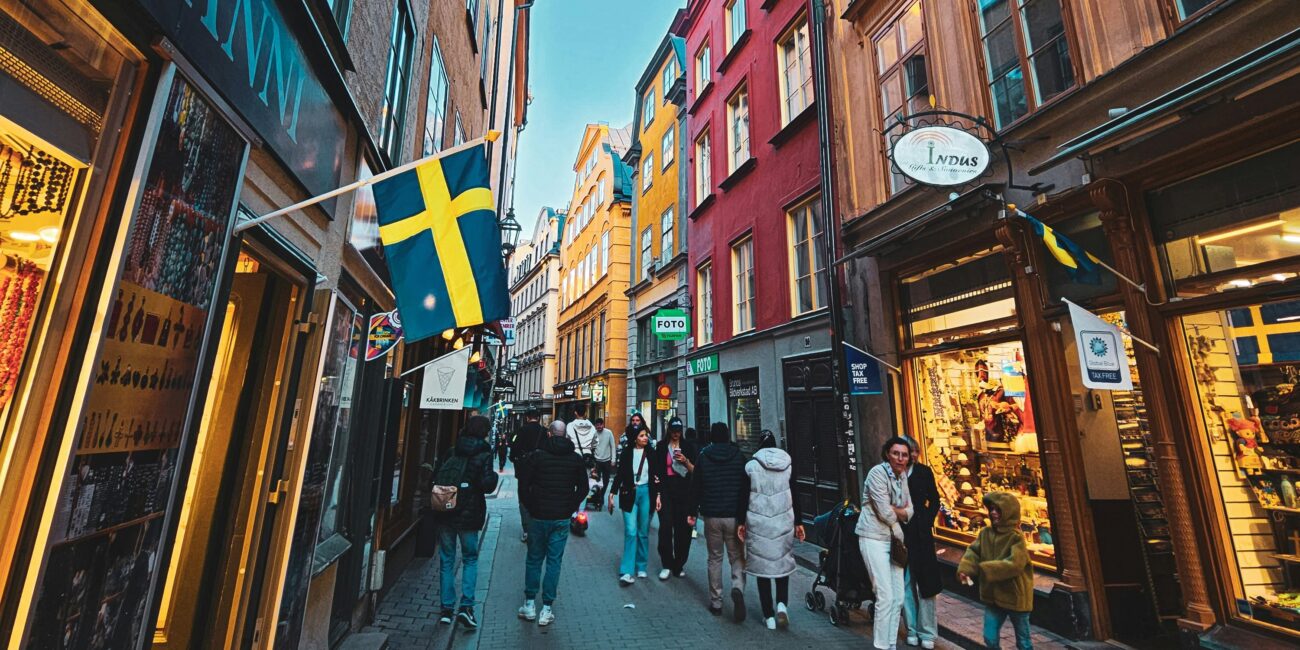
Sweden’s main businesses
Sweden is known for its strong and diversified economy, driven by various industries that emphasize innovation, sustainability, and global competitiveness. The country has a long history of successful enterprises and is home to numerous multinational corporations. Here’s an overview of Sweden’s main business sectors:
1. Automotive Industry
Sweden is a global leader in automotive manufacturing, with companies like Volvo and Scania being internationally recognized for their high-quality trucks, buses, and cars. The industry focuses on sustainability, incorporating electric and autonomous vehicle technology. Sweden is also investing heavily in clean energy and eco-friendly production processes within this sector.
2. Technology and Innovation
Sweden is at the forefront of the technology and innovation landscape. It is home to tech giants such as Ericsson, a leader in telecommunications, and Spotify, a global music streaming platform. Stockholm, often dubbed the “Unicorn Factory,” has one of the highest numbers of billion-dollar startups per capita. The country also invests heavily in research and development (R&D), particularly in areas like artificial intelligence, fintech, and green technology.
3. Renewable Energy
Sustainability is a cornerstone of Swedish business culture. Sweden is a global leader in renewable energy, particularly in wind, hydroelectric, and bioenergy. The government and private sector collaborate to achieve ambitious climate goals, aiming for a carbon-neutral society. Companies like Vattenfall and Eolus Vind AB are significant players in this industry.
4. Manufacturing and Industrial Equipment
Sweden’s industrial sector is renowned for producing high-quality machinery and equipment. Companies like Sandvik, Atlas Copco, and SKF are leaders in manufacturing tools, mining equipment, and industrial bearings. These businesses export extensively and emphasize innovation and efficiency.
5. Pharmaceutical and Biotechnology
The pharmaceutical and biotechnology industries are vital to Sweden’s economy, with companies like AstraZeneca and Camurus leading the way. Sweden’s focus on research and advanced medical technology has positioned it as a hub for life sciences, attracting significant international investment.
6. Retail and E-Commerce
Sweden is home to retail giants such as IKEA and H&M, both of which are globally recognized for their innovative and affordable products. These companies have a strong emphasis on sustainability and design. Additionally, Sweden has a growing e-commerce sector, driven by platforms like Klarna, a leader in online payment solutions.
7. Forestry and Paper Industry
With vast forest resources, Sweden is one of the largest producers of timber, pulp, and paper products. Companies like Stora Enso and SCA are major players in this sector, focusing on sustainable forestry practices and innovation in biodegradable materials.
8. Financial Services
Sweden boasts a robust financial services sector, with banks like Swedbank, SEB, and Handelsbanken playing a significant role domestically and internationally. The country is also a leader in fintech, with companies like Klarna and iZettle revolutionizing payment systems.
9. Tourism and Hospitality
Sweden’s natural beauty, combined with its rich culture and history, has fostered a growing tourism industry. Cities like Stockholm, Gothenburg, and Malmö are popular destinations, alongside natural attractions like Lapland and the Swedish Archipelago.
10. Food and Beverage
The food and beverage sector in Sweden emphasizes quality and sustainability. Companies like Absolut Vodka and Löfbergs Coffee are well-known internationally, while local brands focus on organic and environmentally friendly products.
Conclusion
Sweden’s economic success lies in its commitment to innovation, sustainability, and global competitiveness. The country’s business environment is characterized by high levels of education, government support for research and development, and a focus on eco-friendly practices. These factors have made Sweden a model for economic resilience and adaptability in the 21st century.



Leave a Reply